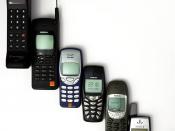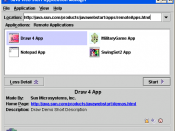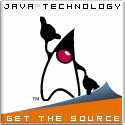Interest in the potential for Java to serve as a platform for downloadable games and other content on mobile handsets has grown substantially in the past year. Developer interest has been piqued by the rollout of services based on Java 2 Micro Edition (J2ME) by several carriers in the US and Asia. OEM and carrier interest is also evident in Europe where several carrier provisioning services should begin commercial operation within the next twelve months.
Carriers and OEMs are drawn to Java as it is considered an open platform that guards against vendor lock in. The openness of the Java platform may have a downside, however, for many developers. Game developers, in particular, will be forced to optimize applications for individual handset OEM and carrier implementations of J2ME that may be substantially different. The standards setting process will not alleviate these developer headaches anytime soon. Indeed the developer challenges may be accentuated as J2ME is extended to support new functionality.
The Figure below summarizes Zelos Group forecasts for shipments of wireless Java handsets. Java has already secured substantial adoption in the wireless sector and about 11% of handsets that ship in 2002 will incorporate some iteration of J2ME. Based on relatively conservative assumptions regarding carrier and OEM commitments to the platform it is expected that about one third of handsets that ship in 2004 will incorporate support for Java, a fraction that will grow to almost three quarters of all handsets in 2007. The forecasting model is based on a variety of assumptions including:
Adoption will be most pronounced in the Japanese and Korean markets. Java will be supported in almost two thirds of handsets that ship in Japan in 2003 as all carriers are committed to the platform. Korea's largest carrier, SK Telecom, which had relied on technology from...



Good paper
The paper flowed well and was an easy read.
3 out of 3 people found this comment useful.